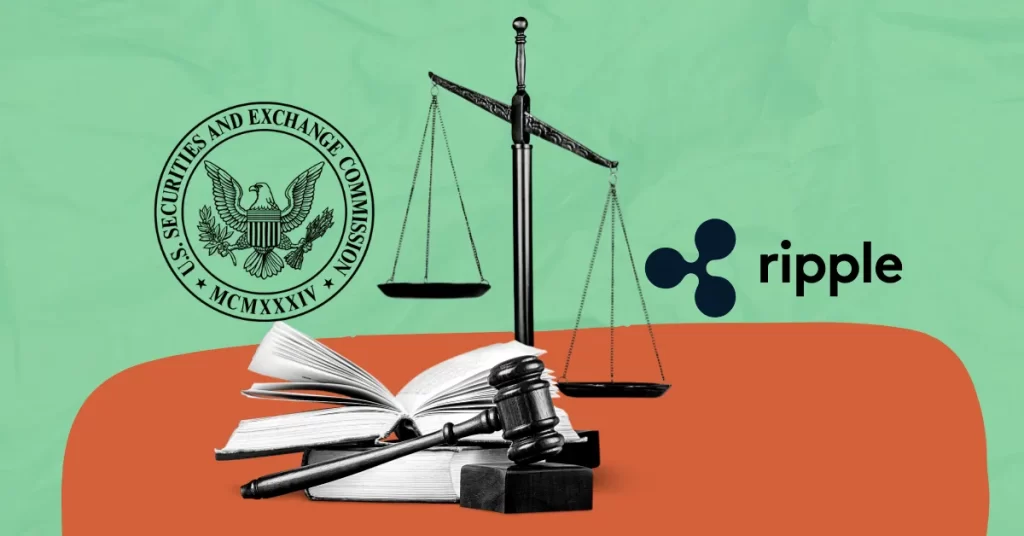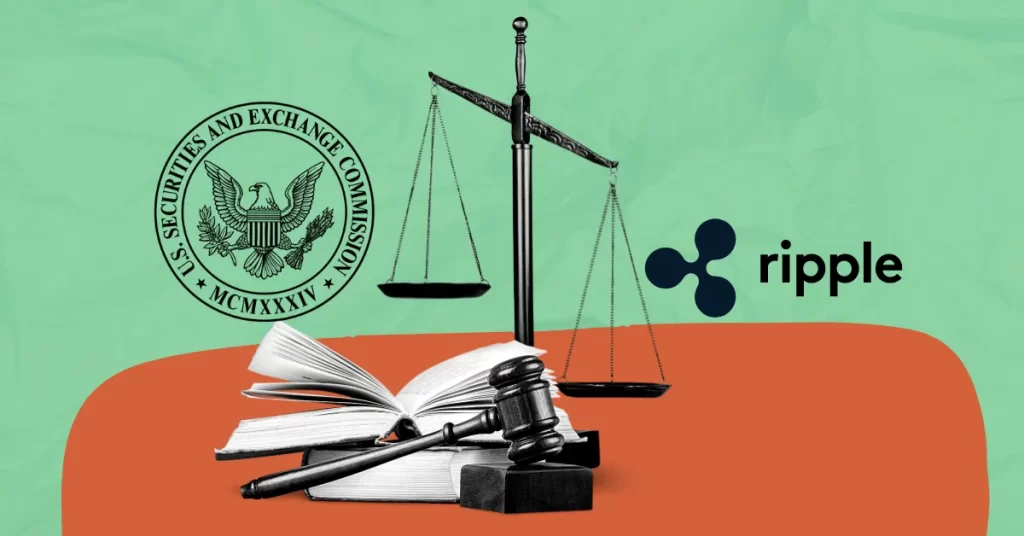Ripple Vs SEC Update : Attorneys Clash on Significance of LBRY Judge’s Ruling; Ripple Case at Risk


The post Ripple Vs SEC Update : Attorneys Clash on Significance of LBRY Judge’s Ruling; Ripple Case at Risk appeared first on Coinpedia Fintech News
In a recent Twitter exchange, attorney John Deaton shared insights on his discussion with the judge regarding the LBC token, sparking a debate on the judge’s decision. Deaton had asked the judge to clarify that the LBC token is not a security, but the judge declined, citing non-litigation and exercising judicial restraint. Deaton acknowledged the judge’s conservative approach but noted that the decision does not automatically apply to the secondary market, seen as a positive outcome.
Disagreeing with Deaton, Bill Morgan argued that the judge’s decision aligns with the SEC’s intention to postpone determining the securities status of tokens until exchange cases are resolved. Morgan expressed concern that the Ripple case may proceed to trial without a clear determination on XRP’s classification as a security.
Deaton Draws Parallels To Coinbase Case
Deaton drew parallels to the Coinbase case, highlighting the value of the LBRY case’s recent development. He noted that Coinbase can now differentiate between direct and secondary sales, as the judge’s order does not apply to their transactions. While Deaton acknowledged this as an improvement, he recognized it falls short of a complete victory.
Morgan supported Deaton’s perspective, emphasizing its relevance to the Ripple case. He commended Deaton for pressuring the LBRY judge but expressed concerns that Judge Torres may evade addressing the matter, leaving the Ripple case without a clear determination.
These developments in the LBRY case offer limited clarity on token classification. However, the risk remains that the Ripple case could proceed to trial without a decisive ruling. The wider implications on the cryptocurrency market and regulatory oversight are yet to be fully understood.

